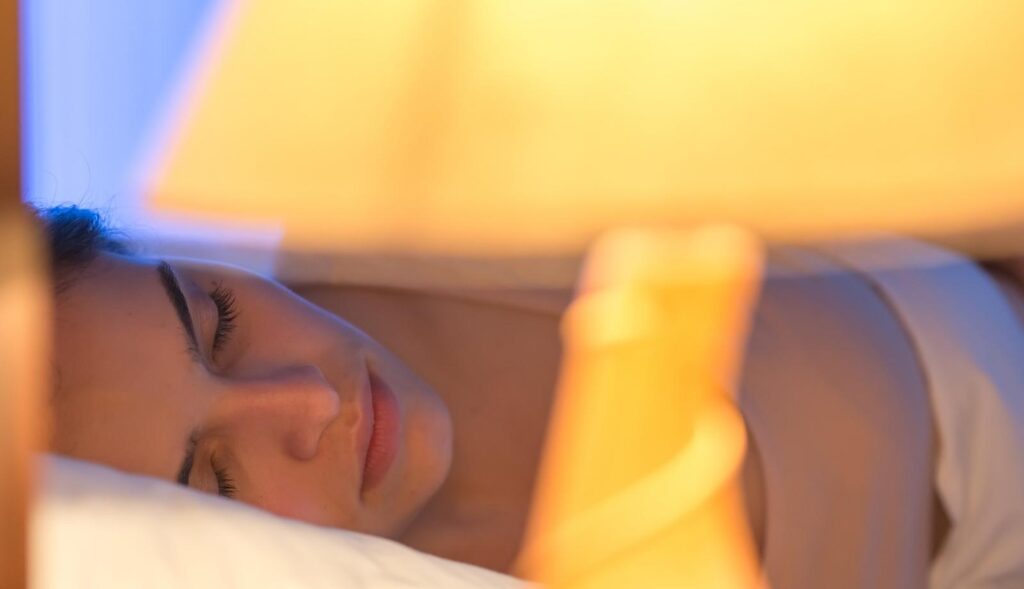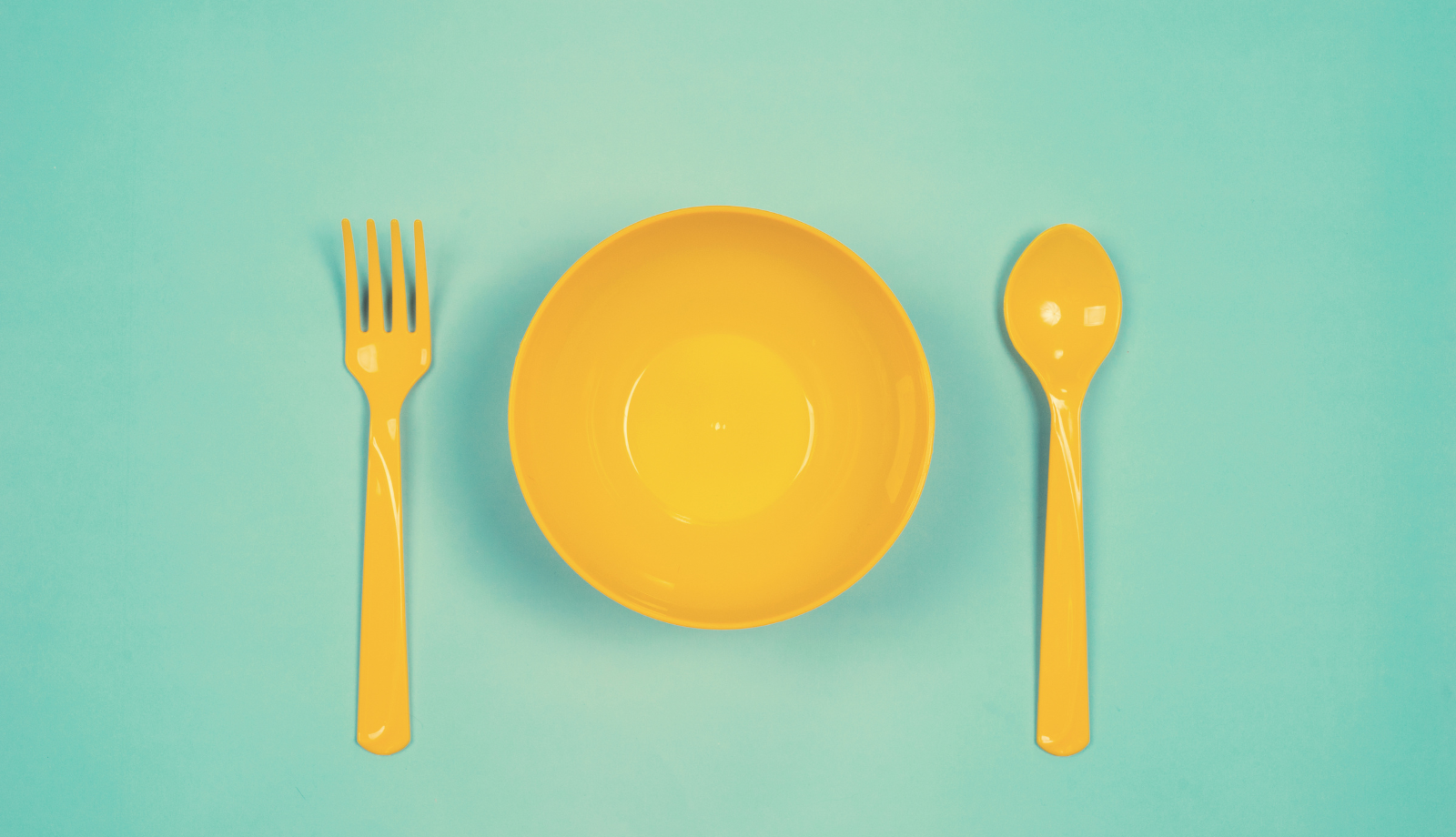Quality sleep is important for both our physical and mental well-being. It is the building block of health and how the body regenerates every day.
Sleep is the most important part of the day and it is crucial we treat it as such. We can achieve this easily with simple steps to improve health habits and therefore quality sleep.
Sleep habits which influence quality of sleep include:
- Sleeping position
- Sleeping environment
- Bedtime routine
- What time you go to bed and how long you sleep
Why is sleeping position important?
The position of our body when we sleep should be an important consideration as it helps us get to sleep much faster and keeps us asleep for longer.
More importantly your sleeping position impacts the quality of sleep. If sleep quality is poor, we are at risk of overall health being impacted.
The position in which we sleep can also dramatically impact our ability to breathe well, and can affect the muscles in our head, jaw, neck and back.
Have you ever woken with a stiff neck? A jaw ache? A sore back? Finding and committing to a good sleeping position can help to avoid pain.
Breathing well during sleep, which is greatly impacted by sleeping position, is crucial in order to wake up feeling refreshed and ready for the day!
What position is best for sleeping well?
There are three main positions when sleeping – stomach, back and side.
Stomach sleeping position
Not ideal for most, however it is ideal for pregnant women to prevent pressure sores.
Many people naturally sleep on their stomach. The problem with this sleeping position is the strain on head and neck muscles, the jaw and the spine, it also restricts the airways. Stomach sleeping can be the cause of chronic headaches and neck aches.
Often a change in sleeping position has the biggest impact on sleep problems.
Back Sleeping Position
Ideal for those with shoulder pain it allows for the arms to rest comfortably.
Similar to stomach sleeping, back sleeping can cause the tongue and lower jaw to drop, restricting airways and causing sleep disturbances.
Back sleeping is a better option than stomach sleeping, but not the best.
Side Sleeping Position
Recommended for people who snore, reducing the chance of snoring throughout the night.
Sleeping on your side is the most comfortable and the most optimal sleeping position.
The head, neck, mouth, airway, spine and pelvis are aligned in this position, keeping the airways clear and relieving muscle tension.
Although it does not always alleviate chronic pain it can play a part in the initial stages of repair in soft tissue injuries. Side sleeping has also been associated with a lower risk of Alzheimer’s, Parkinson’s and other neurological diseases. The reasoning for this is based on the brain’s waste elimination system (known as the glymphatic system) working at its best when sleeping on the side.
How to change your sleeping position
Snuggling into a pillow while sleeping on your side can encourage side sleeping. While maintaining a good position it also provides a similar feeling of comfort as sleeping on the stomach.
To avoid twisting the lower back and pelvis, bend the upper leg and position it on top of a pillow. A pillow with the same thickness as your leg is best.
Ease of habit change can be dependent on age and how long someone has been sleeping in a particular sleeping position. For some people it may take up to 6 weeks to break the habit, but once broken the results and its impact on health are well worth it!
Summary points for good sleeping position:
- The ideal sleeping position is on the side, with the neck, spine and pelvis unstrained
- Retraining sleeping position is a simple, non-invasive and cost-effective first step in a treatment regime for chronic musculoskeletal pain problems such as chronic tension headaches or neck aches
- Sleeping position itself has a dramatic impact on the level of pain and the success of subsequent treatment for head, neck and jaw pain
Choosing the right pillow & mattress
We spend almost a third of our lives sleeping. Having a good quality mattress, pillow and bedding is highly recommended.
If you suffer from insomnia try using a memory foam mattress and pillow. Memory foam is designed to mold itself to your body shape, reducing pressure points and regulating temperature throughout the night.
Is your bedroom too hot or cold?
Being aware of the temperature in your bedroom is an important consideration. Is it too hot or too cold?
If your bedroom is too hot or cold it can cause discomfort, disrupting your sleep patterns. It’s recommended you sleep in a temperature between 15°C and 21°C (60°F and 70°F).
You will need to experiment with this if you can. Or adjust your bedding or sleep wear to suit the ambient temperature.
Implementing a good sleep routine
A regular sleep schedule synchronises and maintains the circadian sleep/wake cycle. By maintaining regular sleep habits, you will most likely report fewer sleep problems, optimising your “Sleep Hygiene”.
If you’re having trouble sleeping, try changing up your routine. Try going to bed earlier, getting more exercise throughout the day, eating healthier foods and limiting caffeine intake.
How to implement a good sleep routine:
Go to bed earlier (or later)
Finding the right time to fall asleep is important. We are all different so this does vary from person to person. We address this more below.
Get more exercise throughout the day
Exercise is good for everything including a good night’s sleep. Going to bed earlier than normal so you can wake up and do some exercise can make a huge difference.
It is important to be aware of how exercising at night may raise your metabolism and body temperature, so generally morning is better (if you can) or build exercise into your day.
Try not eating 2-3 hours before bedtime
Keep blood sugar levels regulated by not loading up on sugars and carbohydrates or heavy meals. Elevated blood sugar levels cause our minds to be overactive and heavy meals make it difficult to digest food.
Also don’t fill up on fluids either as this will break up your sleep.
Alcohol may make it easier for you to get to sleep… but it doesn’t allow you to get into the deeper levels of sleep. Try going alcohol free for a few weeks to benchmark yourself and see what a difference it can make. Without discovering ‘a new normal’, you aren’t going to know how good you can feel by getting the best sleep you can.
Reduce & monitor caffeine
There are no two ways around it – caffeine is a stimulant. It should not be consumed after 1.00-2.00pm as it will still be in your system when you are preparing for or trying to fall asleep.
It is common to hear – “coffee doesn’t affect my sleep!” or “I can have a coffee after dinner and fall asleep normally!” As with alcohol, this may be the perception. But realistically, it is likely preventing you from having the most restful sleep you can and from reaching the deeper and more restorative levels of sleep required for you to wake up feeling refreshed.
Find the right time to go to bed
It’s important to go to bed at the right time. Going to bed too late can cause insomnia, while going to bed too early can disrupt your circadian rhythm.
A good rule of thumb is to work backwards from your wake up time. Are you waking up for exercise? Or to make a work meeting?
Aim for 7-9 hours of sleep per night and work out what time you’ll need to fall asleep by. Allow for any reading time and for your sleep latency period and you should have the right time to get into bed.
Sleep latency is the length of time it takes you to fall asleep. Different people take different amounts of time to fall asleep, the average sleep latency is between 10 and 20 minutes.
Sleep latency is significant because it can represent a person’s overall sleepiness and reveal information about sleep quality.
An example of finding the ‘right’ time to go to bed
- You need to wake up at 6:00am for a 6:30am workout
- You know your ideal sleep is 8.5 hours, therefore you want to be asleep by 10:00 pm
- You like to read for 20 minutes and you know it takes you 10 minutes to fall asleep
- Your ideal bedtime is 9:30pm
What to do if none of this is working
Further reading
Hopefully this article has provided you with simple steps to improve your sleep habits and further advice for optimising sleep. For further sleep information, read our other sleep tips and sleep resources.
For a great sleep guide you can work through our 5 day sleep challenge. This provides you with further detail on sleep and is an excellent starting point for improving sleep.
Talk with a practitioner
If you are still not feeling refreshed after finding the best sleeping position and addressing the areas above, have an assessment from a suitably trained medical practitioner or dentist who is familiar with these issues.
You might be surprised to know how related your sleep is to your general health, physically mentally and emotionally, and includes your oral health.
It is a combination of quantity (getting enough sleep) and quality (breathing well while you are asleep). There are a number of ways a practitioner can help you improve your sleep hygiene and the way you breathe at night.
Snoring and waking up unrefreshed (even after following the tips above) can be an indication of something far more serious.
Get a sleep study
A sleep study (called a polysomnograph) performed by a qualified sleep physician measures oxygen saturation, brain waves, depth of sleep, number of times you actually stop breathing (for more than 10 seconds or have a restricted airway) and much more.
It is an important step and it may even save your life!





